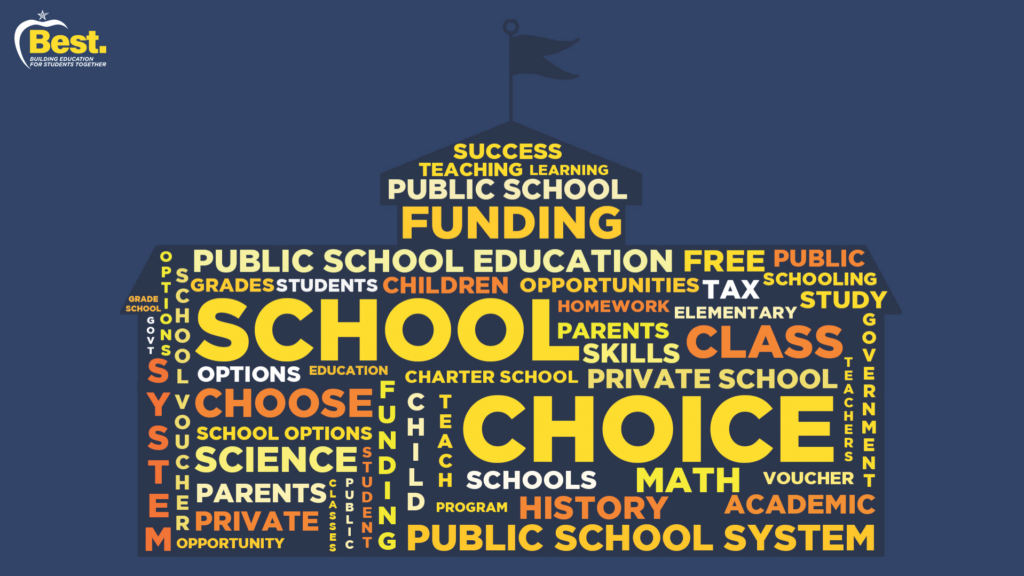Restoring the 5 Principles of Liberty
“Do not let your fire go out, spark by irreplaceable spark in the hopeless swamps of the not-quite, the not-yet, and the not-at-all. Do not let the hero in your soul perish in lonely frustration for the life you deserved and have never been able to reach. The world you desire can be won. It exists.. it is real… it is possible… it’s yours.” — Ayn Rand
As the current election continues to press voters throughout the country to stand behind a candidate and party, it’s the responsibility of patriots to truly vote for those who will advance the message of liberty. But how do you know who to trust? A candidate’s record is important, their words are important, but to understand a person’s worldview and personal philosophy is vital.
An easy way to create a checklist for understanding which candidate can best protect your constitutional freedoms was devised by pro-liberty advocate Jason Stapleton, who devised a simple model to describe the values of what ordered liberty means. Stapleton calls these main points the "5 Principles of Liberty." Let’s dive in:
Limited Government
The Constitution is still in existence, but the progressive era of big government is alive and real today. Thousands upon thousands of regulations and laws are passed every year; if you were to stack all those documents together and place the stack next to the US Constitution, the question becomes who is more limited? You or your government?
Constitutional conservatives and libertarians believe in limited government maintained through a democratic-republic, in which federalism is balanced between the states and the federal government in respect to the rule of law. According to the Cato Institute:
The Founding Fathers thought long and hard about the proper role of government in our lives, and they set forth their thoughts in a document that explicitly enumerates the powers of the federal government. To restore truly limited government, therefore, we must do more than define issues as political or budgetary. We must go to the heart of the matter and raise the underlying constitutional questions. In a word, we must ask the most fundamental question of all: Does the government have the authority, the constitutional authority, to do what it is doing?
Individualism
Each man and woman, crafted by their Creator, is endowed with unalienable rights. Each person should be able to live, think, speak, and create as they please as long as they respect the rights and private property of others. As former FreedomWorks President Matt Kibbe once wrote:
“What if the new political spectrum has on one side those people who want to be left alone, those who want to be free, those who don’t hurt people or take their stuff, and on the other extreme of this new scale stands anyone who wants to use government power to tell you how to live your life?”
Or better yet:
“Do you believe in the freedom of individuals to determine their own futures and solve problems cooperatively working together, or do you believe that a powerful but benevolent government can and should rearrange outcomes and make things better?”
Peace
Peace does not mean pacifism. Instead, peace means to interact with others in a way that does not provoke violence or coercion. Peace is not specific to foreign affairs. It has much to do with how we propose, enact, and enforce policy on the home front. In order to prevent violence or coercion, one must ask nothing more than this- what law is so important that it must be enforced by the end of a gun? Lovers of liberty must do everything possible to prevent the state from being used as a method to inflict the will of some onto the rest of society in ways which would harm an individual’s personal liberty.
Tolerance
It’s as simple as you think, tolerance is recognizing a person’s right to do something that you don’t agree with, as long as no one is threatening your life or your property. We see the issue of "tolerance" all over the news, but sometimes intolerance is seen in places we don’t understand, whether it is attacking businesses that are a threat to unjust monopolies via unions or regulations, or educational freedom because some bureaucrats don’t like homeschoolers or school choice.
Free Markets
Free markets are the ultimate equalizer, they allow anyone and everyone to chart the course of their lives based off their ambition and skill. Free markets allow free thinkers and creators to create products and services man would otherwise not have access too in a country with a government based around top down planning and constant economic intervention. As Nobel laureate Milton Friedman once said, "underlying most arguments against the free market is a lack of belief in freedom itself."




